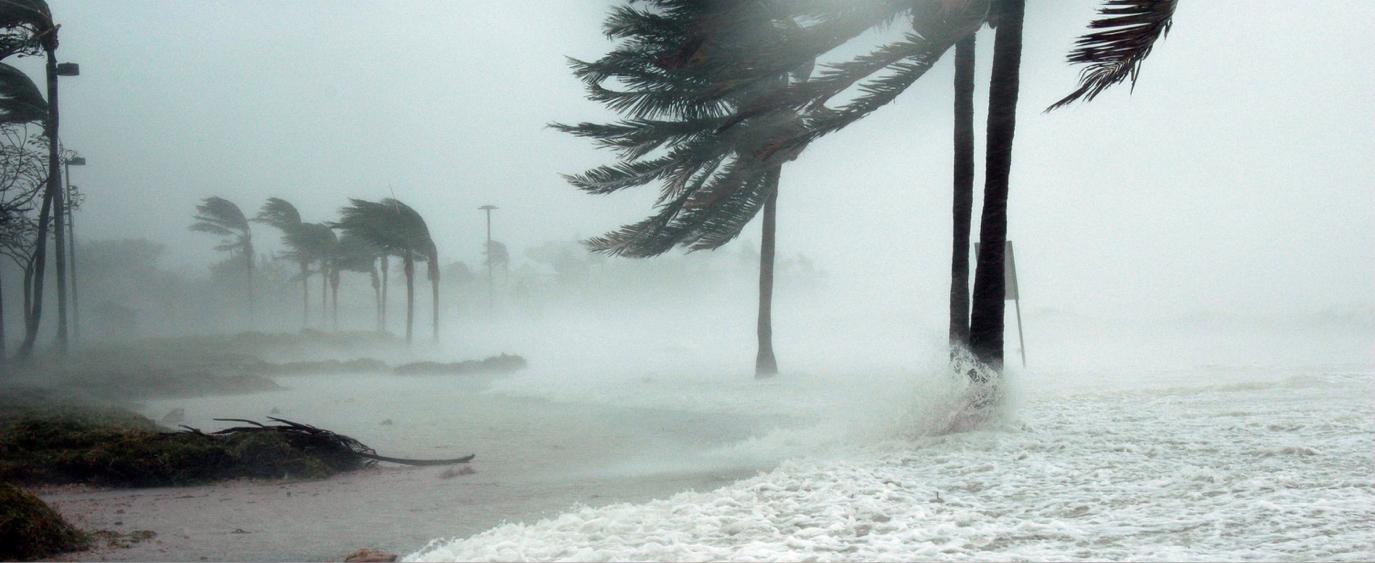Nov 26, 2018
What Does Climate Change Have to Do With the Economy?
Learn more about how our changing environment will have a big economic impact.

Climate change is a fact, and without focused societal change, it will lead to increasing natural disasters and that will harm the economy.
That’s the news from the latest National Climate Assessment study, which came out last week. It’s produced by the National Oceanic and Atmospheric Administration, a division of the U.S. Department of Commerce. The climate report comes out every four years.
“Without substantial and sustained global mitigation and regional adaptation efforts, climate change is expected to cause growing losses to American infrastructure and property and impede the rate of economic growth over this century,” the report says.
Here are some key takeaways from the report:
- By 2050, the average annual temperature of the U.S. could increase by 2.3 degrees.
- The U.S. economy could shrink as much as 10% by the end of the century, losing hundreds of billions of dollars in national and overseas trade, not to mention health costs and disaster relief. Farming and other agriculture will be harmed, through the declining health of livestock, reduced crop yields, and threats to food security, among other things.
- Aging national infrastructure could be further harmed by extreme weather such as flooding, heat waves, and wildfires, leading to threats to the economy, national security, and human health.
What’s causing the problems?
Environmental scientists consider carbon trapping gases, such as those emitted by car exhaust, agricultural, and coal-based manufacturing processes to be the primary culprit. These emissions are sometimes called greenhouse gas.
These gases increase something called global warming. Global temperatures have increased by 2 degrees over the last 115 years, and are expected to continue increasing at a faster rate going forward.
Global warming has also been linked to rising seas levels, which in turn leads to more flooding on the coasts. Warming sea temperatures have also been linked to the increasing ferocity of hurricanes, as well as the growing severity of droughts and catastrophic forest fires in the Western states in recent years.
What can be done?
Here are some things the report suggests:
- Reduce the release of carbon into the atmosphere.
- Switch to alternative energy, such as wind and solar, that doesn’t produce carbon gas.
- Drive energy efficient automobiles that pollute less, and switch away from coal-based energy.
- Adapt to climate change with new resilient systems in farming, construction, and transportation.
Why is there controversy?
The 1,600 page report stands in contrasts to the messaging of the Trump administration. In June 2017, the US withdrew from an international accord to fight global warming, and has since taken measures to roll back regulations restricting emissions of greenhouse gases and easing standards for pollution.











